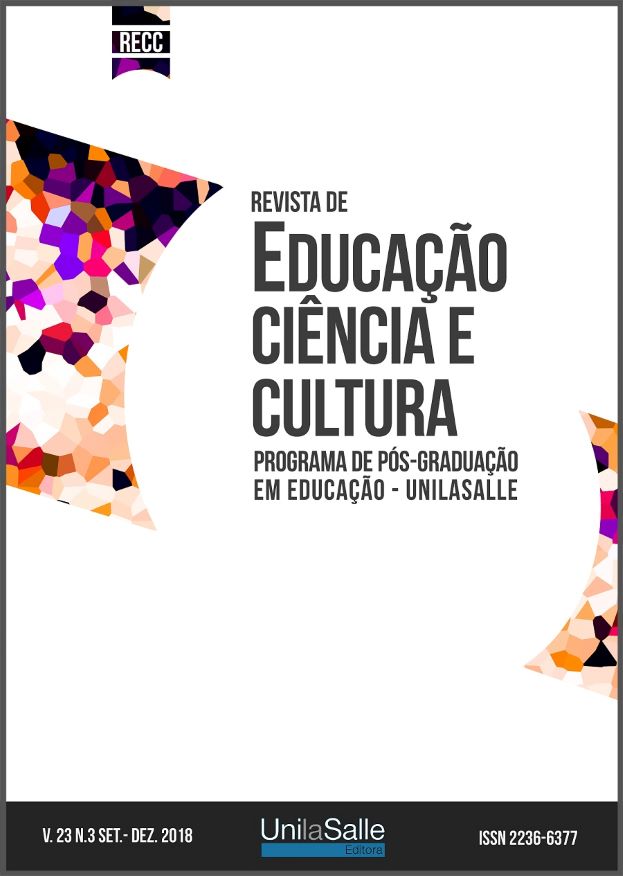Intercultural Curriculum to Propose a School as a Territory of Peace
DOI:
https://doi.org/10.18316/recc.v23i3.4832Keywords:
Curriculum, Interculturality, Post-agreement, Territory.Abstract
The main objective of this research is to understand the socio-cultural dynamics and life projects of the educational community that can be associated with the intercultural school curriculum that allows proposing a school as a territory of peace in the corregimiento of Isla del Rosario of the Municipality of Pueblo Viejo, with the purpose of improving the processes of integral formation in the students. It is approached from a historical-hermeneutic paradigm and as a research methodology a reflexive critical ethnography was used, which emerged as a concern of the researchers, making a documentary review of the PEI on the intercultural elements of the curriculum, later a wide source of work was sought carried out that addressed the categories of our object of study, compiling a considerable state of art, immersing ourselves in the research using the techniques founded epistemologically by Miguel Martínez de Miguélez. Some important results were obtained, highlighting the emic, from a reliable interpretation from the ethic to write the feelings of the actors’ voices, as a product of their worldview as a socio-cultural group, where the aggressiveness, the discrimination and exclusion. As a conclusion, a series of questions about economic, cultural, social and political development, as pertinent actions of participation with people who come from migratory processes as a reality of the global village and of the whole society in general, emerges in a relevant way, can give a proper and relevant intercultural approach.
Downloads
Published
Issue
Section
License
Authors must submit their manuscripts to be published in this journal agree with the following terms:Authors maintain the copy rights and concede to the journal the right of first publication, with the paper simultaneously licensed under the License Creative Commons attribution that permits the sharing of the paper with recognition of authorship and initial publication in this journal.
Since the articles are presented in this journal of public access, they are of free use, with their own attributions for educational and non-commercial purposes.
The Periodic Journal of Education, Science and Culture in http://www.revistas.unilasalle.edu.br/index.php/Educacao was licensed with a Creative Commons - Attribution - Noncommercial 3.0 Not Adapted.


